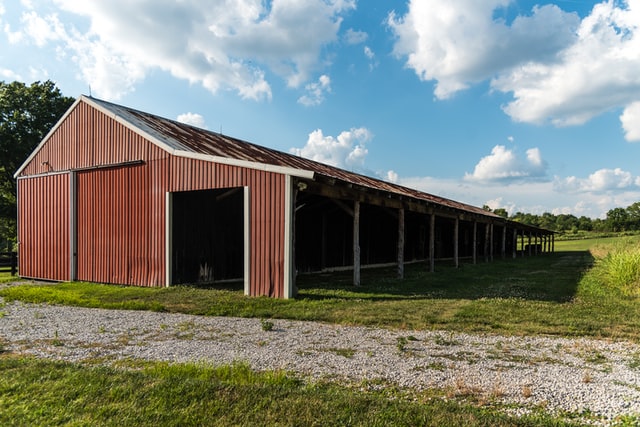In a bid to tackle the UK's housing crisis, development finance experts Brickflow has rolled out a comprehensive white paper titled 'Solving the UK's Housing Shortage.' This report is a deep dive into the difficulties the housebuilding sector is facing, and the contributing factors that need solving.
And the exciting part… Mitchell Fasanya and Hugh Gibbs were asked to contribute to the report with insight from Searchland’s unique perspective. Here are some of the highlights.
Interconnected challenges facing the UK’s housing industry:
Brickflow's white paper underscores the interconnected nature of the challenges plaguing the UK's housing sector. These challenges include planning, land supply, government investment, funding, material and labour supply, developer incentives, and affordability. Recognising that these components are interwoven and interdependent, the white paper seeks to unravel the complexities of the housing crisis.
Government focus
The government has recognised the significance of addressing the housing shortage as a means to level up the country and reduce inequality. However, housebuilders have struggled to meet the demand and government targets due to a range of barriers. These barriers include outdated planning processes, a shortage of available land, funding limitations, environmental concerns, and the ever-growing challenge of buyer affordability.

Barriers explored
While the report delves into a wide range of barriers (that you can read about in the full report), we've chosen to spotlight those with a connection to the issues we're helping to address through Searchland.
Planning: The planning process, as highlighted in the white paper, poses a significant challenge, particularly for small and medium-sized housebuilders (SMEs). The discretionary nature of planning decisions and the frequent overturning of applications add complexity to the system, hindering housing development.
Land supply: While there is sufficient land in England for development, the supply remains constrained due to land's existing use, with agriculture, forestry, open land, and residential gardens occupying a significant portion. The white paper suggests the need for a public and private sector land database to improve transparency and aid small builders in finding suitable sites.
“The issue is not just the identification of such land, but also obtaining the contact details for the seller, considering the likelihood of gaining planning consent, the risks and land undulation, plus other challenges associated with the development process.” Mitchell Fasanya, CEO, Searchland
Green belt: The green belt covers a substantial portion of England, and the government's policy aims to prevent urban sprawl. However, the white paper argues for a comprehensive review of green belt areas to identify land that could be used for housing development while maintaining the necessary distinction between urban and rural areas.
“The green belt status across the UK needs a full and proper Royal Commission undertaken to reclassify areas that could easily be developed for housing.” Mitchell Fasanya, CEO, Searchland
Environmental concerns: Environmental issues, such as nutrient pollution in rivers and waterways, have also impacted housing development. The requirement for developments to demonstrate nutrient neutrality has led to delays in housing projects. The white paper discusses potential solutions, including the purchase of credits to offset developments and upgrading infrastructure by water companies.
Generation rent: Exorbitant rental costs have cast a long shadow over the dream of homeownership for many in the UK. The BBC reported UK rents had risen to the highest levels since 2016 and property portal Rightmove confirmed that competition is so intense amongst renters, there are 20 requests to view each available property. Brickflow's CEO Ian Humphreys state's, "Only when the UK’s abysmal housing shortage is solved will affordability be a realistic word in our lexicon when it comes to property."
Brickflow’s 10-step framework of recommendations
- Increase funding for planning departments with immediate effect
- Provide clarity around household projection data
- Introduce a database for public sector land & audit green belt land
- Focus use of the Infrastructure Levy on supporting local communities & infrastructure
- Improve government & private sector funding for developers
- Implement a robust energy & water infrastructure strategy
- Increase buyer affordability
- Build market confidence in Modern Methods of Construction
- Invest in technology to facilitate more building, buying & selling
- Adopt a culture of collaboration & action
The future of house building in the UK
Brickflow's white paper serves as a comprehensive resource for understanding the complexities of the UK's housing shortage. By shedding light on the interdependencies among various factors, including planning, land supply, environmental concerns, and affordability, it offers valuable insights into the path forward.
As the UK grapples with its housing crisis, the solutions outlined in this white paper not only offer a roadmap to a more sustainable and accessible housing future but also emphasise the pivotal role that technology like Searchland can play in overcoming these challenges.
To download the full paper, visit the Brickflow website. If you would like to find out how we are working to face the barriers spotlighted - arrange a demo with our team.








